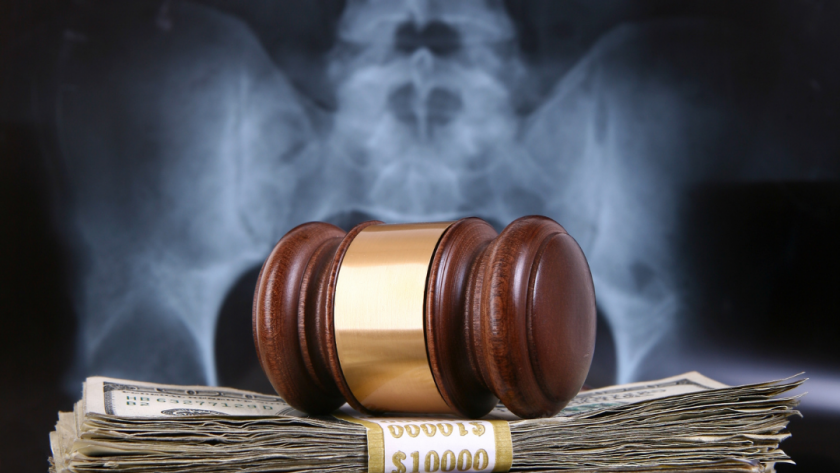Medical malpractice can happen in many different healthcare scenarios. It’s important to keep in mind that just because something has gone wrong, or your condition has got worse, this doesn’t always mean that you have a legitimate medical malpractice claim against your doctor. Here are a few examples of when you might have a case, and when you might not.

When It Might Be Medical Malpractice
All legitimate medical malpractice cases that need a medical malpractice attorney have the same thing in common; the health care provider’s action, or lack of action, did not meet the appropriate standard of care. This often means that the provider was negligent, but in some cases, it could be recklessness that leads to a malpractice claim.
Medical Negligence
Medical negligence is when a healthcare professional provides you with sub-standard care. It is essentially when your health care professional does not give the type and level of care that a similarly skilled and educated provider would have in similar circumstances.
Negligence that reaches the level of a malpractice suit can happen in a few different circumstances, such as failing to diagnose a harmful condition, failing to properly advise you of the risks of a certain treatment, and unacceptable errors during surgery or other procedures.
Of course, doctors aren’t perfect. Most medical malpractice cases rely on two main questions:
- What was the appropriate medical standard of care in this situation?
- Did the healthcare provider adhere to or deviate from that standard?
Both the doctor and the patient involved in the case will probably use medical experts to support their arguments, but your attorney can advise you on what is best to do. You can Click here to learn more about how seeking legal assistance from professionals who are well-versed in the related laws can help you get fair compensation for hefty medical bills, lost wages, rehabilitative expenses, and other damages.
Recklessness
It is very rare, but there are some cases when the action or inaction of your doctor could be considered reckless. For example, if your doctor were to perform a surgery or any other risky procedure while under the influence of alcohol would be likely to have decided to have acted in a reckless manner. A doctor could also be charged with administering dangerous levels of a medication that is in contravention of accepted medical practices.
When It’s Probably Not Medical Malpractice
There are some scenarios, that on their own, probably don’t add up to a viable medical malpractice case, even if you aren’t happy with your doctor.
Your Condition Gets Worse
A doctor cannot be said to have committed medical malpractice just because your condition has got worse during your treatment under them. Sometimes a doctor will not be able to treat or cure an illness, and even if your condition is considered to be treatable, unfortunately, there are no guarantees that every patient will respond to the treatment they are given in every situation. While this is unpleasant, it’s nobody’s fault. As long as your doctor has taken reasonable levels of care and skills in the choice and the way they have carried out the course of treatment, then in most cases, no medical malpractice can be said to have taken place. This is the case even if your condition has taken a turn for the worse.



